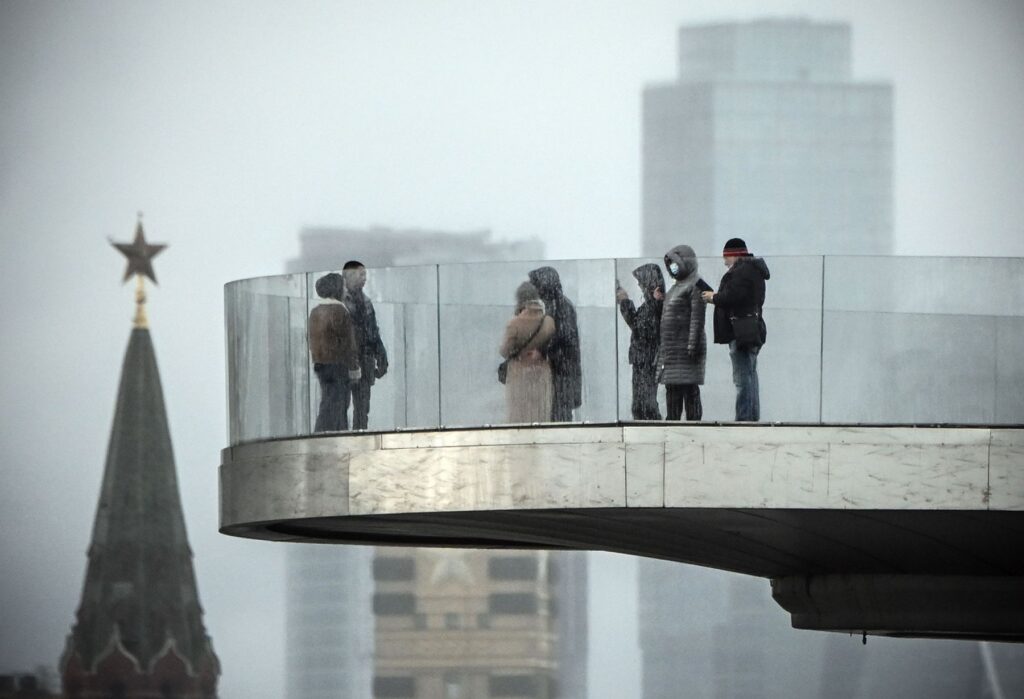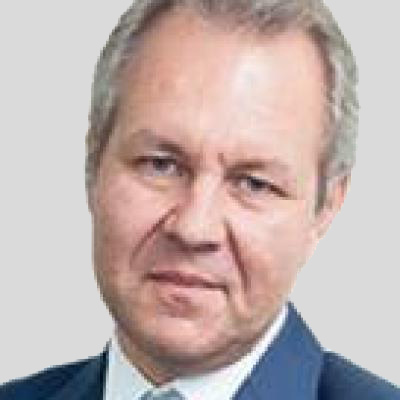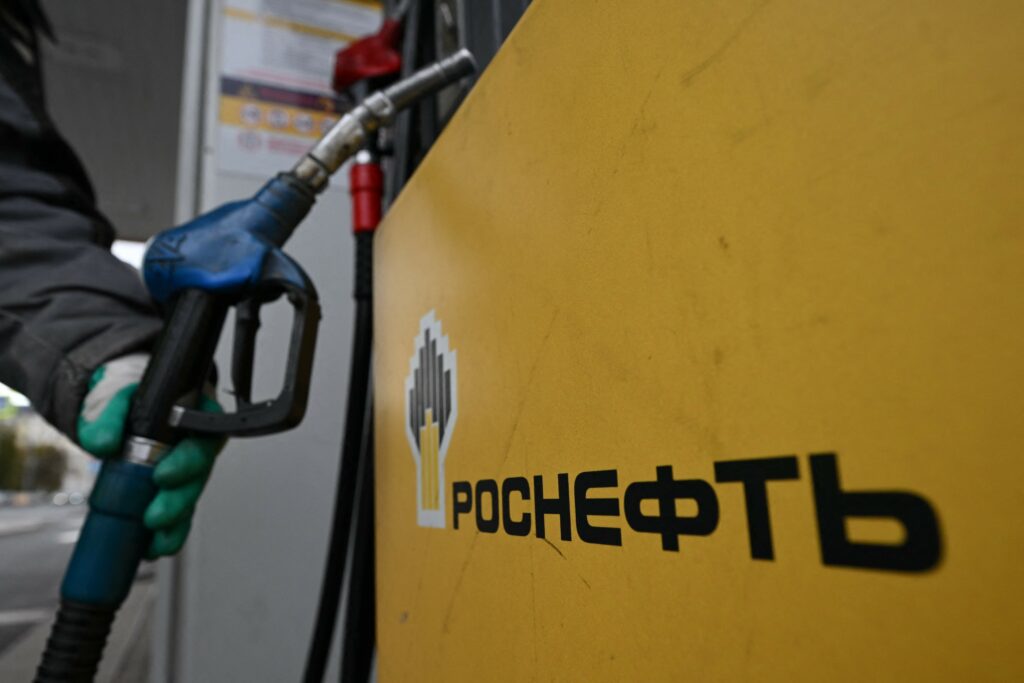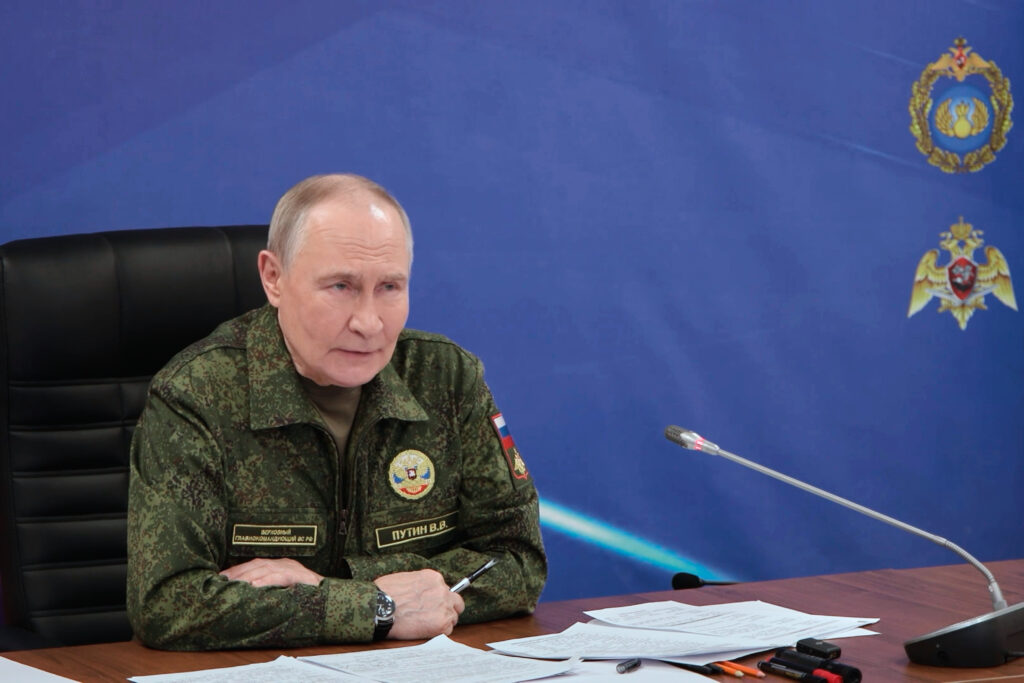As the presidential elections in the United States approach, the topic of changing the nature of US-Russia relations after a possible change of administration in the White House is getting more air time. Most experts in one way or another agree that a victory for the Democrats will up Washington’s pressure on Moscow, prompting a new wave of anti-Russia sanctions (which should more correctly be called “anti-Putin sanctions”). Let me disagree with this view. The outlook seems to be somewhat less obvious, and for a variety of reasons.
First, the bulk of the Kremlin’s muscle flexes look exhausted. Until the mid-2010s, such actions were in the ascent. There were the days of aggressive Putin speeches in Munich and Bucharest, all during the war in Georgia and the recognition of South Ossetia and Abkhazia. Then there was the annexation of Crimea and the invasion of Eastern Ukraine and the incursions in Syria. In all these arenas, though, Russia failed to get major geopolitical benefits. Many neighbors began to treat it with more apprehension, and most leading powers switched to a policy of cautious containment. The events of 2020 – above all, the situation in Belarus – hint that Moscow is now more cautious with military intervention. In addition, over the past several years, the internal political situation has become much less stable. The pillaging of the national economy by corrupt officials is finally taking is full toll, which reduces the Kremlin’s degree of freedom. If we assume that there will be few aggressive steps by Russia any time soon — replaced, if anything, by rhetoric — then new sanctions, even “postponed” ones, look unlikely. After all, their formal goal is to punish unfriendly actions, not prevent them. Moscow’s foreign policy in recent years has been primarily an internal calculation. Now, from this lens, it has practically outlived its potential. The 2020s will not resemble Russia’s foreign policy of the 2010s.
Secondly, the sanctions imposed on Russia so far have failed to destroy its economy. At least, they were much less successful in this than the Russian authorities themselves, who consistently destroyed sources of growth and did not react to obvious trends in energy markets. The anti-Putin sanctions were intended to underline the resolve of the West to resist Russia and express solidarity with the victims of Russian aggression — but nothing more. Moreover, most of the so-called “personal” sanctions concern people belonging to the “nationalized” part of the elite. They hardly upend their current interests (but rather even emphasize their loyalty to the regime). Over the past years, the West has refrained from drastic measures like a complete ban on financial transactions with Russian state structures, or on investments in Russian bonds and shares. Nor have either Europe or America placed an embargo on the purchase of Russian energy resources. Russia today complies with the criteria where it can formally be classified as a country sponsoring terrorism, but nothing like the restrictions that apply to such countries has even been discussed with regard to Russia. It can be assumed that in the future, even western politicians harboring the most radically hostile views of the Putin regime will confine themselves to “cosmetic” measures (perhaps there will be more of them) to convince voters of their own “resolve” to resist Moscow.
Thirdly, as internal problems in Russia grow, the main efforts of the Kremlin will be aimed at suppressing its own opposition. This is emphasized by the poisoning of Alexei Navalny, the preparation of massive electoral manipulations, or the creation of constutional conditions for Putin’s endless rule. Human rights problems in Russia will grow rapidly. But Moscow is unlikely to repeat its strategic error of letting a poisoned politician get to Germany. Despite the fact that the EU has already begun preparations for creating a framework concept for responding to this sort of skullduggery, I do not expect anything like the 2014-2016 situation on the “sanctions front”. The West has fully learned to coexist with authoritarian regimes: it is enough to recall, for example, the brutal murder of the Saudi journalist Jamal Khashoggi. That assasination had obvious links to the Saudi top brasso, but did not cause any sanctions from the EU or the United States. As long as Russian oppositionists are persecuted and even killed without endangering the citizens of Western societies, this topic will not be as significant as before.
Returning to the purely American policy towards Russia, three circumstances speak in favor of how it will not change too much.
In the event of a change of president in the United States, the main issues on the agenda will be the problems of combating the coronavirus; methods of maintaining the economy; reduction of unemployment; raising taxes and maintaining a balance between equity and inequality; restoration of a more harmonious interracial society, along with many other immediate issues. Yes, Congress is now considering bills on new sanctions against Russia; no, they are not likely a priority. Even the launch of an investigation into Putin’s financial assets is unlikely to change much: nothing will be found in the West; in Russia, this demarche will not destabilize the regime. The real resuscitation of this topic may occur not because Joe Biden will enter the White House, and the Democrats will establish control over the Senate, but only because of the next radical steps of Russia.
In the case of Russia, there is not only the factor of “peripherality” (as opposed to China), but also the factor of scale (which distinguishes it, for example, from Iran). Russia remains a major economic partner of the West; Russian corruption proceeds play a significant role in many financial markets; emigrated Russians provide huge aggregate demand in many European countries. The problem with Russia is that it is not subject to personal sanctions (no matter what the domestic oppositionists say, most of those who fell under them have so firmly tied their fate with the Putin regime that sanctions will not break their loyalty), and full-scale economic measures will seem inadmissible to Western business circles.
Finally, one should not discount one more important circumstance. During the Trump administration, sanctions against Russia have more than once or twice caused tensions between the US and Europe. The problem of approaching the completion of Nord Stream 2 continues to cloud them. Biden has repeatedly declared his commitment to improving relations between the US and the EU. However, tightening sanctions against Russia does not at all “fall” in the mainstream of this approach. Suffice it to recall how mild the European response to the poisoning of Navalny was – and thanks to the efforts of Germany, which did the most to save the dissident and who understands perfectly the catastrophic nature of the processes taking place in Russia. So the United States will be limited in freedom of action “in the Russian direction” by the European factor, which Trump, but not Biden, could not take into account.
The problem with sanctions is that they can be effective enough only if the political elite of a country hesitates in choosing a course, or if the population exerts serious pressure on the authorities, which may grow if sanctions are introduced. In Russia, the situation looks different. Personal sanctions hold together a narrow circle of people who find themselves now even more linked to the “boss”. Economic sanctions hit the wider populace, while the Kremlin’s close commercial partners are often compensated. There is still no serious potential for anti-systemic protest in the country. It may seem paradoxical, but the poisoning of the most famous opponent of the authorities did not cause serious protest activity. The most significant popular outrage continues in Khabarovsk in connection with the arrest of a local governor. That governor represents a party whose leader believes that Navalny “should be arrested, taken out to Russia and sent to prison. ” Russia is not Belarus, though it has copied a lot from it: it is more significant for the West and much less internally polarized. Therefore, in relation to Moscow (at least for now), the sanctions look unproductive in the sense that they cannot bring the desired results.
Five years ago, I concluded that the optimal strategy for the West is a strategy aimed at “surviving” the Putin regime. Russia today is in decline; the economic situation in the country will continue to deteriorate. The Russian economy, due to its progressive primitiveness, is difficult to “blow to shreds” but even more difficult to “restart”. It would be more correct for the West to focus on resolving private issues than to brandish the “sanctions baton”.
It would be worth starting with the development of a gas supply network in Europe, which would allow the supply of liquefied gas to countries located in the interior of the continent and now fully dependent on Russian fuel. Then, let the Kremlin fritter away billions on the Baltic’s bottom. One should think about a comprehensive policy of limiting the political activity of parties and groups that receive direct and indirect funding from Moscow or lobby for its interests. It is worth revising the residence permits and long-term visas issued to Russians in exactly the same way as, for example, the government of Cyprus is now revising the program of “golden passports”. And doing it without any sanctions rhetoric. Western intelligence efforts should focus on preventing GRU poisoners from entering the EU under ever-changing names. If these measures are systematic and effective, they will turn out to be far more painful for the Kremlin than any sanctions. At the same time, they will not affect ordinary Russian citizens; they will not cause another outbreak of anti-Western sentiment in Russia. But formalizing and implementing this set of measures is much more difficult and troublesome than making Bortnikov and Kirienko banned from entering the EU, or freezing their nonexistent accounts in the United States.










